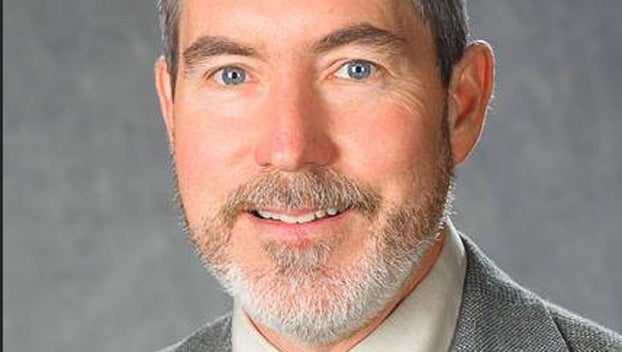Save money, time and the environment; don’t over-fertilize your lawn
Published 10:12 am Thursday, May 2, 2019
|
Getting your Trinity Audio player ready...
|
Lawn care can be expensive and time-consuming. By skipping the fertilizer this spring and summer, you can save money and time and also reduce nutrient pollution.
Most Kentucky lawns have cool-season grasses, such as bluegrass and tall fescue, which prefer fall fertilization. Spring and summer fertilizer applications could weaken your turf, promote weed growth and increase mowing frequency.
Plants need nitrogen, phosphorus and potassium for growth and development. Most Kentucky soils have plenty of phosphorus and potassium. In fact, many are so naturally rich in phosphorus, adding more increases the risk of polluting our waterways.
The most common fertilizer blends for homeowners are marketed as “complete fertilizers” because they contain nitrogen, phosphorus and potassium. These blends are often available in a formula like 10-10-10, but they probably contain more phosphorus and potassium than your lawn needs.
Excess or improperly applied fertilizer can end up in storm sewers and contribute to nutrient pollution in lakes, streams and rivers. You don’t have to live near a lake or tributary to contribute to the problem.
Excess phosphorus promotes rapid and over abundant algae growth in freshwater. Too much algae disrupts ecosystems, harms wildlife, negatively impacts water recreation and may contain toxins that sicken people and pets.
You can do your part by conducting a soil test to determine what nutrients are needed.
Jessamine County Cooperative Extension office can provide you with instructions for collecting soil for analysis. Apply only what you need. Excess fertilizer will not make your lawn healthier.
Carefully apply fertilizer. Keep it off paved surfaces and away from drains and water sources. Fertilize cool-season grasses only in the fall.
Contact the Jessamine County Extension office at (859) 885-4811 to learn more about soil testing and how to sustainably improve your lawn or garden.
This column was submitted by Richard Durham, extension professor, UK Department of Horticulture.






